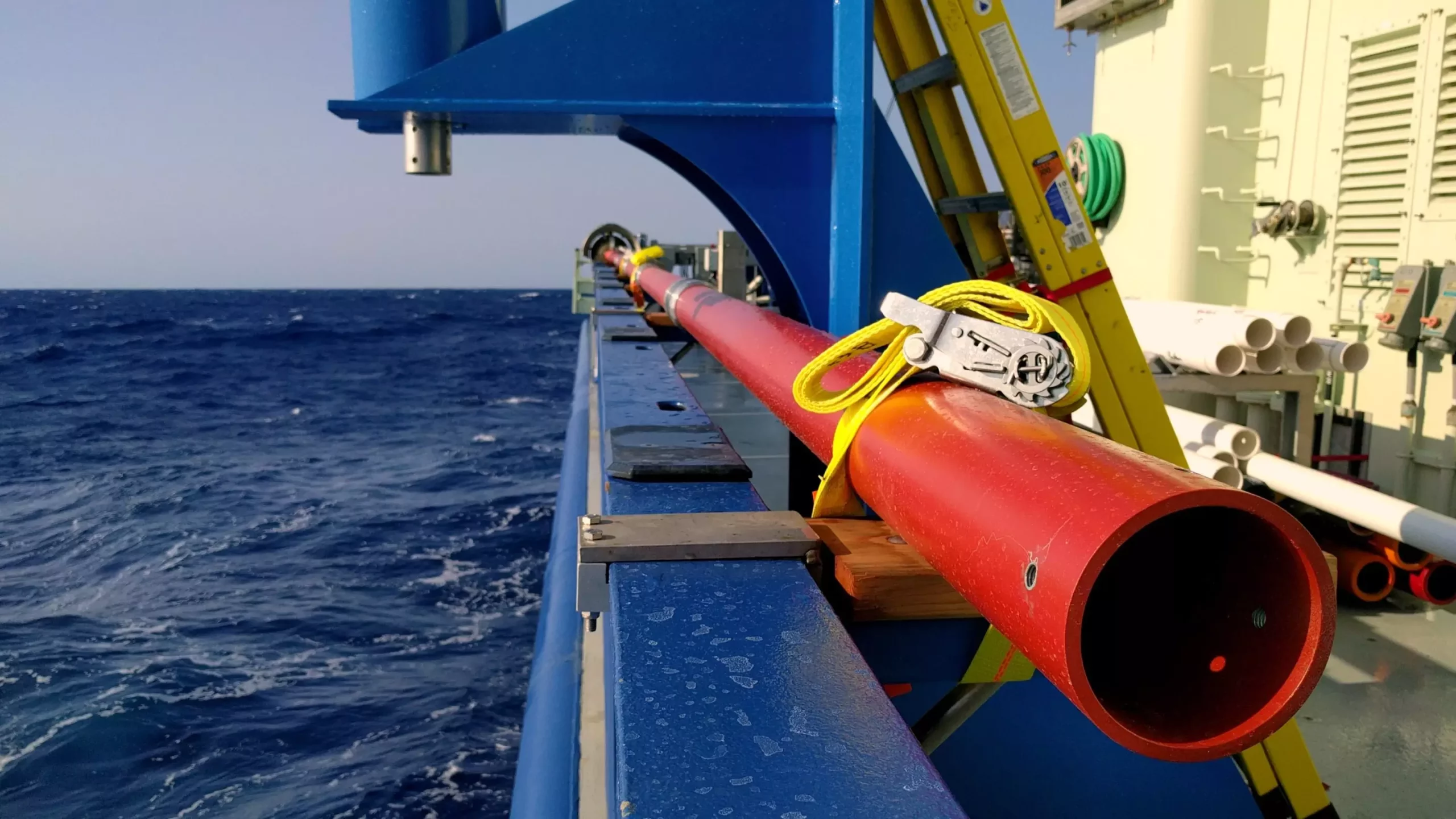Deep within the Atlantic Ocean, the Gulf Stream operates not just as a current but as a vital component of the Earth’s climate system. This powerful ocean current carries warm tropical waters from the Gulf of Mexico along the eastern coast of the United States and across the Atlantic to Europe, profoundly influencing the region’s weather patterns and climate. Recent research carried out by UCL scientists has shed light on how this critical system was significantly stronger during the last ice age, raising alarm bells about its potential sensitivity to modern climate change. The implications of these findings are profound and require urgent consideration as we grapple with the escalating impacts of global warming.
New Insights from the Ice Age
Published in the prestigious journal *Nature*, the study reveals that approximately 20,000 years ago, during the last ice age, the Gulf Stream was significantly more vigorous due to heightened wind activity across the subtropical North Atlantic. This period was marked by strong winds that not only amplified the strength of the Gulf Stream but also allowed it to transport vast amounts of heat northward, despite the frigid temperatures reigning over much of the planet. This counterintuitive result challenges our understanding of climate dynamics — suggesting that conditions as harsh as an ice age can still see important aspects of the global climate system behaving in unexpected ways.
Dr. Jack Wharton, the lead author of the study, emphasizes the importance of recognizing the Gulf Stream’s strength during this cold epoch. With a deeper and faster current, this study provides a vital lesson: the Gulf Stream’s response to changes in atmospheric conditions could hold catastrophic implications if the patterns of the current shift due to climate change. If, as preliminary studies suggest, subtropical winds diminish in the coming decades, we could witness not just a weakening of the Gulf Stream, but a profound cooling of Europe and a destabilization of weather systems across continents.
Potential Consequences of a Weakening Gulf Stream
One of the most alarming scenarios illuminated by this research is the potential collapse of the Atlantic Meridional Overturning Circulation (AMOC), of which the Gulf Stream is a crucial part. The disruption caused by rising glacial meltwater from Greenland, combined with weakening winds, could considerably hinder deep-water formation — the engine that drives the AMOC. If this critical conveyor of heat were to weaken or collapse, European temperatures could plummet by as much as 10 to 15 degrees Celsius. Such a change would not only devastate local ecosystems but drastically alter agricultural patterns, creating food security risks and unleashing extreme weather phenomena.
Moreover, the prospect of rising sea levels along North America complicates the picture, presenting further threats to coastal communities. Imagine a Europe fraught with colder winters, disrupted growing seasons, and an intensification of storms from the Atlantic, all because of alterations in the very currents that have nourished and supported the continent’s civilizations for millennia.
Complicated Interdependencies in Ocean Currents
The intricate and interconnected nature of the AMOC must be highlighted. While often visualized as a simplistic conveyor belt, this metaphor fails to capture the complexity of its various loops and the different responses each one might have to ongoing climate shifts. In reality, the AMOC consists of several interacting pathways that transport heat toward the Arctic and back, with each loop susceptible to distinct environmental pressures.
Research has shown that while the subtropical loop — featuring the Gulf Stream — may have operated with enhanced vigor during the last ice age, the subpolar loop was comparatively weaker. Each system’s interaction with global climate changes, therefore, reveals that we cannot consider the dangers of AMOC collapse in isolation.
A Call to Action on Climate Awareness
These insights underline the importance of acknowledging the pivotal role that ocean currents play in regulating our climate. More research is vital, not only to further our understanding of past climate behaviors but to inform future efforts in climate adaptation and mitigation. Climate change must be approached as the multifaceted crisis it is, recognizing that interventions in one area can have cascading effects elsewhere in our climate system.
As alarming as these projections may be, they also provide a crucial opportunity for actionable climate policy. By understanding the delicate balancing act of systems like the Gulf Stream, we can advocate for necessary measures that prioritize ecological integrity and resilience to safeguard our planet’s future.

